Inflammation reduction has become a prominent goal advocated by health influencers and healthcare professionals alike. Whether you're grappling with low-grade chronic inflammation or dealing with acute inflammation, finding effective strategies to counteract its effects can bring significant benefits.
While acute inflammation serves as the body's immediate response to injury, infection, or tissue damage, chronic low-grade inflammation can stem from various factors, including an unhealthy lifestyle. Unlike its acute counterpart, chronic inflammation can lead to undesirable consequences such as an increased risk of developing diabetes, cardiovascular disease, and certain types of cancer. It's no surprise that many individuals are actively seeking ways to combat chronic low-grade inflammation in order to bolster their overall well-being. In addition to adopting healthy habits like following an anti-inflammatory diet, managing stress, and moderating alcohol consumption, people often turn to supplements as a potential solution.
If you're eager to reduce inflammation in your body and are curious about which supplements are worth considering, we've compiled a list of ten expert-recommended options for combating inflammation. Continue reading to discover valuable insights from dietitians in this regard.
1) Quercetin:
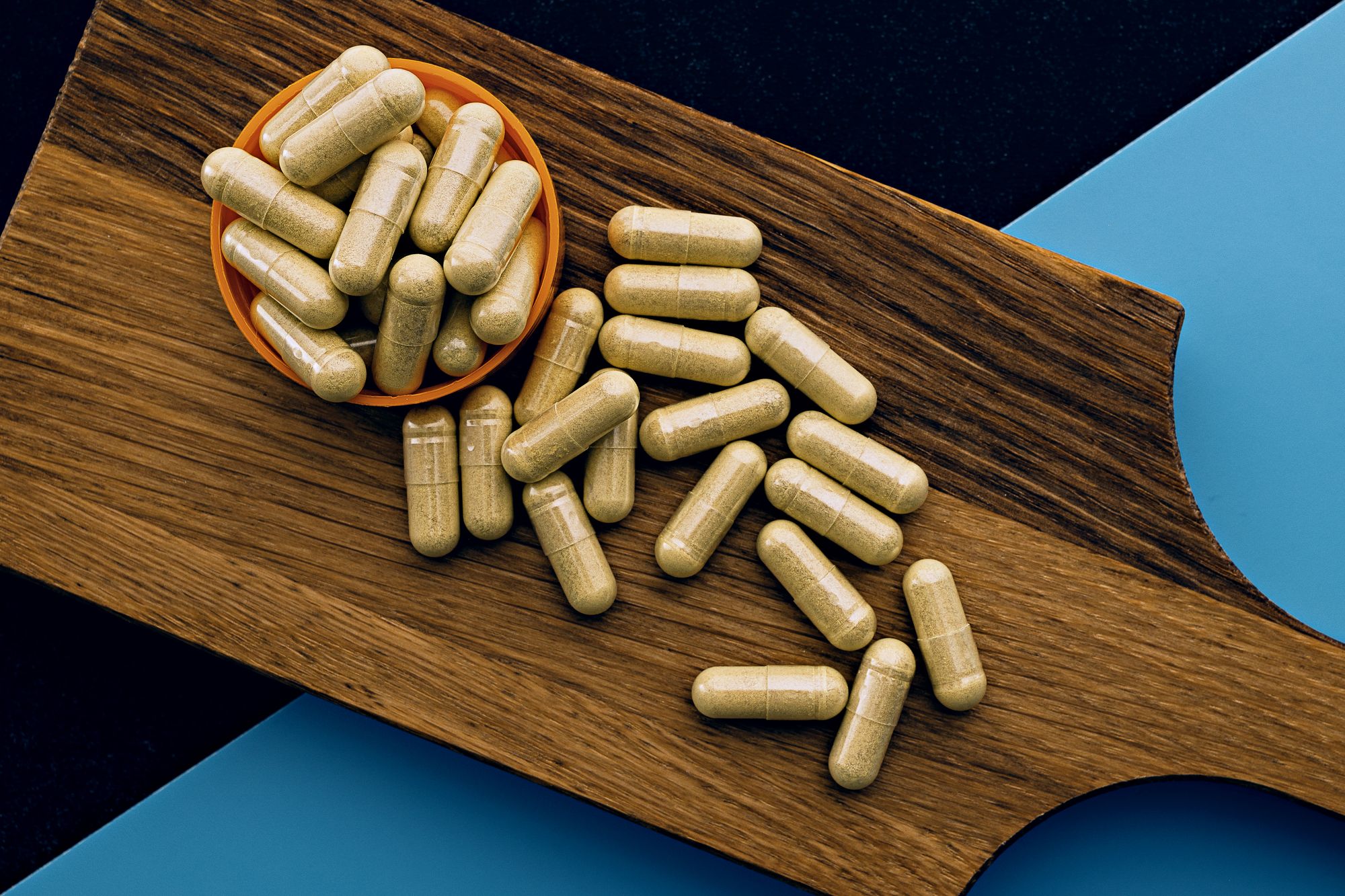
Quercetin is a natural plant compound found in foods like onions, apples, and berries. It is known for its antioxidant, anti-inflammatory, and immune-modulating effects. Quercetin has been particularly beneficial for individuals struggling with inflammation caused by allergies and asthma. Studies have shown that it can block the production of histamine, helping to alleviate allergy symptoms. Designs for Health Quercetin + Nettles is a recommended supplement that combines quercetin with nettles, providing additional anti-inflammatory benefits.
2) Resveratrol:

Resveratrol is a potent antioxidant compound primarily found in red grapes and berries. It exhibits anti-inflammatory, antioxidant, and cardio-protective effects. In addition to reducing inflammation, resveratrol aids in the metabolism of estrogen and may help calm uterine contractions. It is often recommended for individuals dealing with painful period cramps, endometriosis, and fibroids. Gaia Resveratrol is a trusted supplement option.
3) Boswellia:
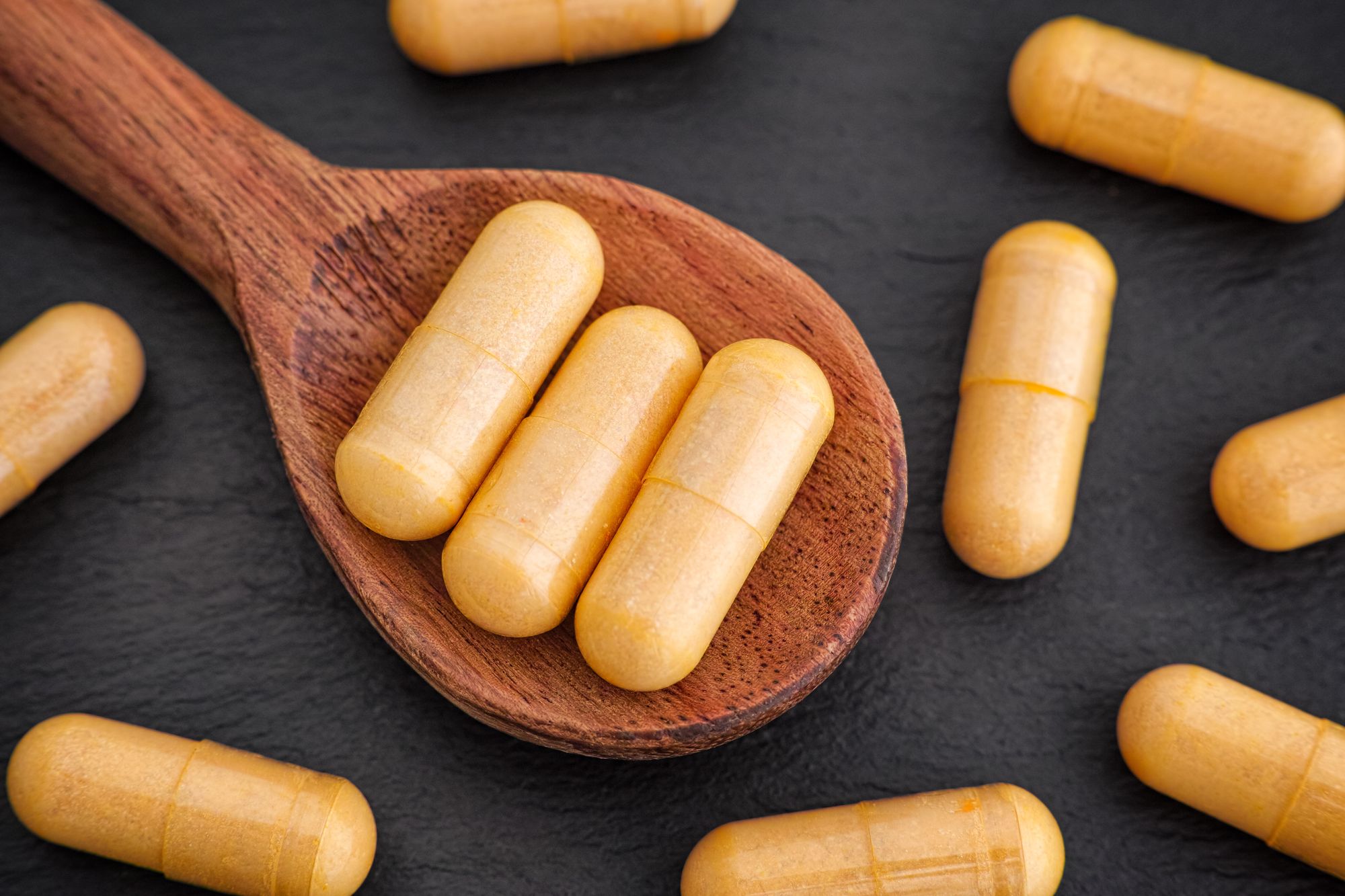
Boswellia, derived from the frankincense tree, is a supplement widely recognized for its anti-inflammatory benefits. It is particularly beneficial for individuals dealing with inflammation stemming from inflammatory gut conditions. Boswellia has been shown to have anti-inflammatory effects for various conditions, including inflammatory bowel disease, asthma, and rheumatoid arthritis. Pure Encapsulations Boswellia is a recommended brand.
4) Turmeric:
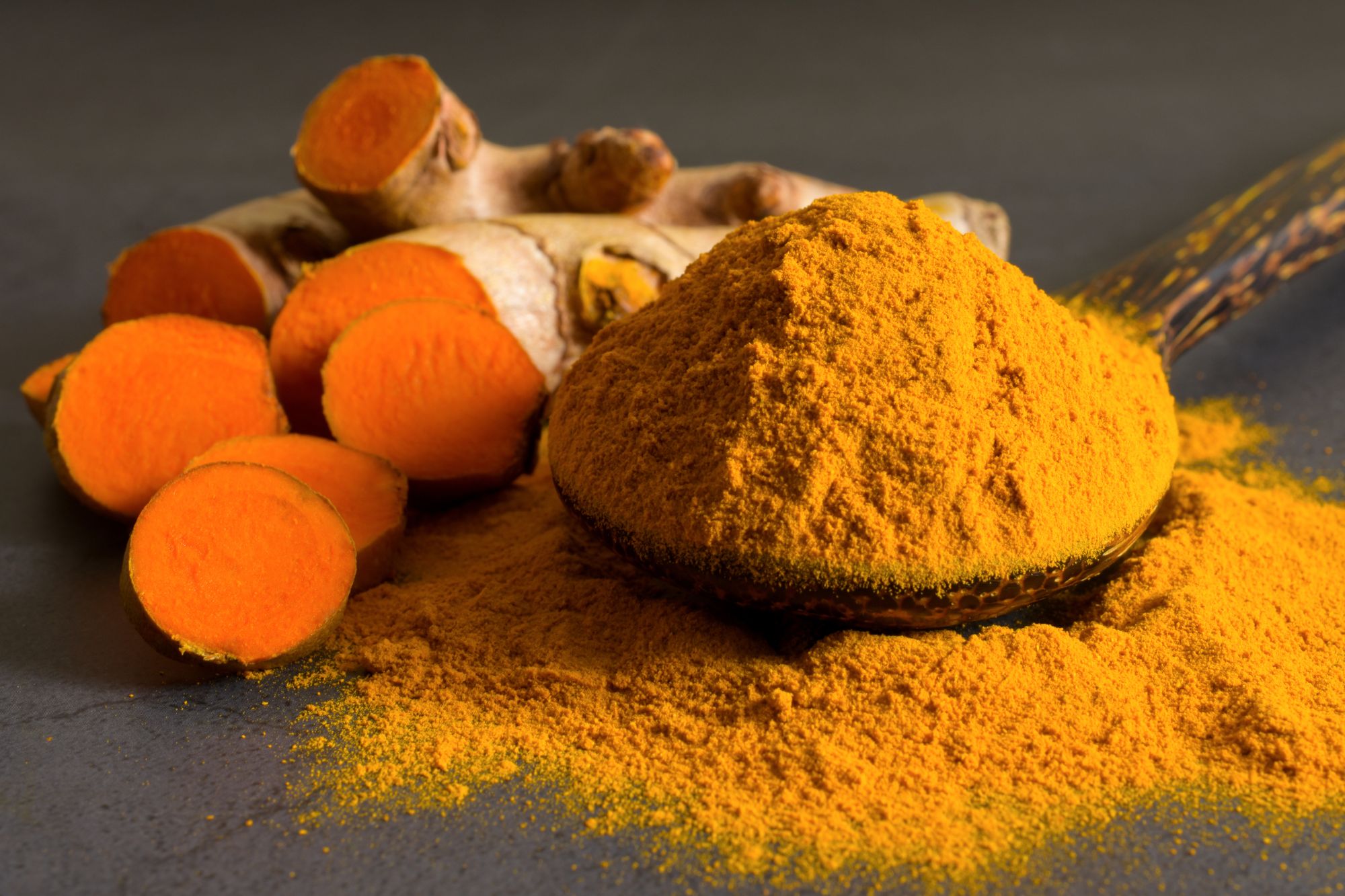
Turmeric contains a bioactive compound called curcumin, which is known for its strong anti-inflammatory properties. Curcumin has been extensively studied for its potential to improve symptoms in individuals with inflammatory conditions such as inflammatory bowel disease, osteoarthritis, and rheumatoid arthritis. Notably, one study found that turmeric reduced joint pain as effectively as acetaminophen. Thorne Phytosome is a recommended supplement formulated with a highly bioavailable form of curcumin known to reduce joint pain.
5) Vitamin D:

Vitamin D, commonly associated with bone health, plays a crucial role in regulating inflammation and immune function. Research has shown that vitamin D has diverse effects on the immune system, enhancing innate immunity and inhibiting the development of autoimmune conditions. Adequate vitamin D levels may help combat low-grade chronic inflammation. However, it is essential to consult with a healthcare professional to determine the appropriate dosage of vitamin D supplements.
6) Omega-3 Fatty Acids:
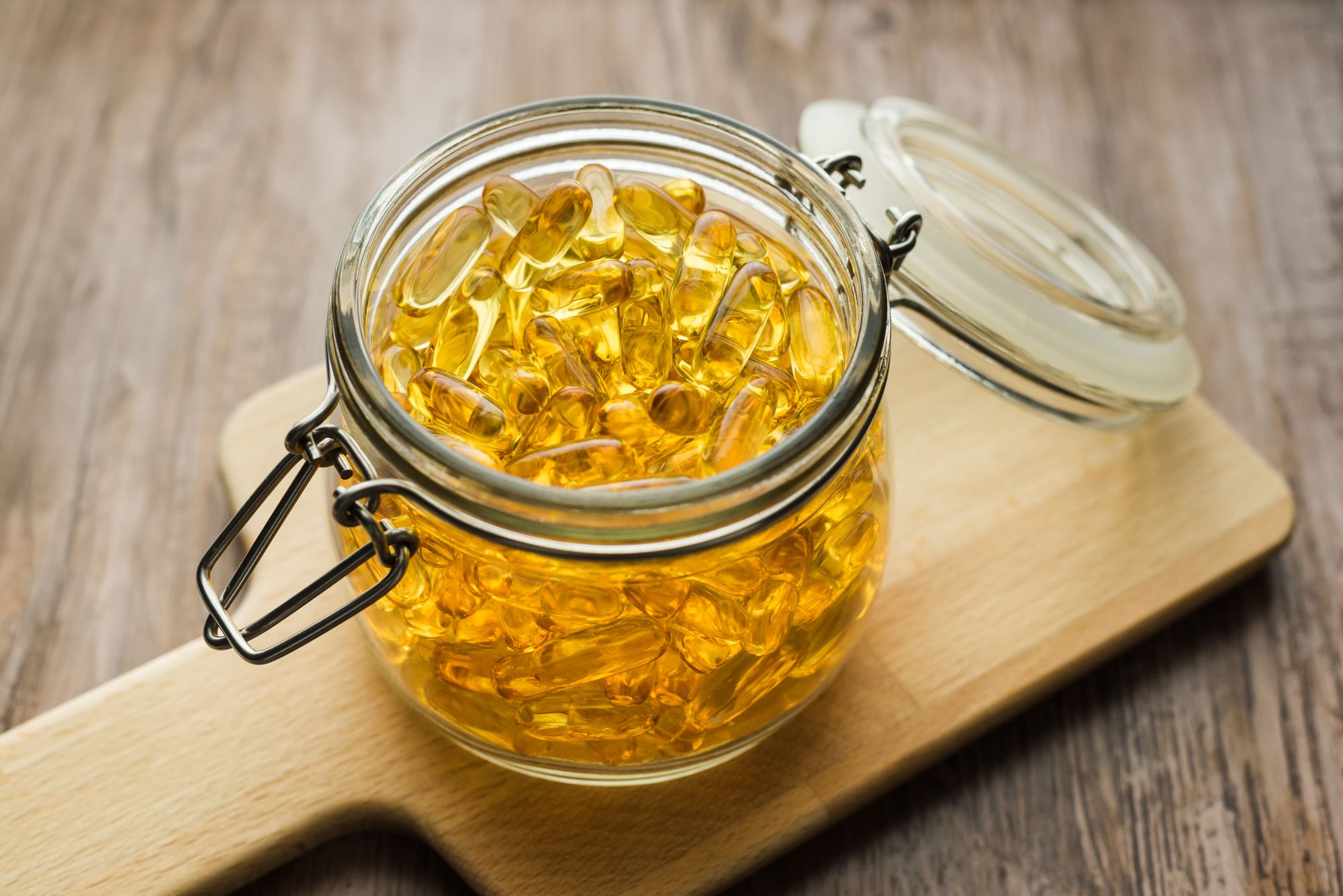
Omega-3 fatty acids, particularly EPA (eicosapentaenoic acid) and DHA (docosahexaenoic acid), have been widely studied for their anti-inflammatory properties. They are found abundantly in fatty fish like salmon, mackerel, and sardines. Omega-3s have been linked to reduced inflammation and a lower risk of inflammatory diseases, including cardiovascular disease. For individuals who do not consume fish, omega-3 supplements can be a beneficial alternative. Nordic Naturals Ultimate Omega is a recommended supplement that contains a blend of EPA and DHA.
7) Tart Cherry:
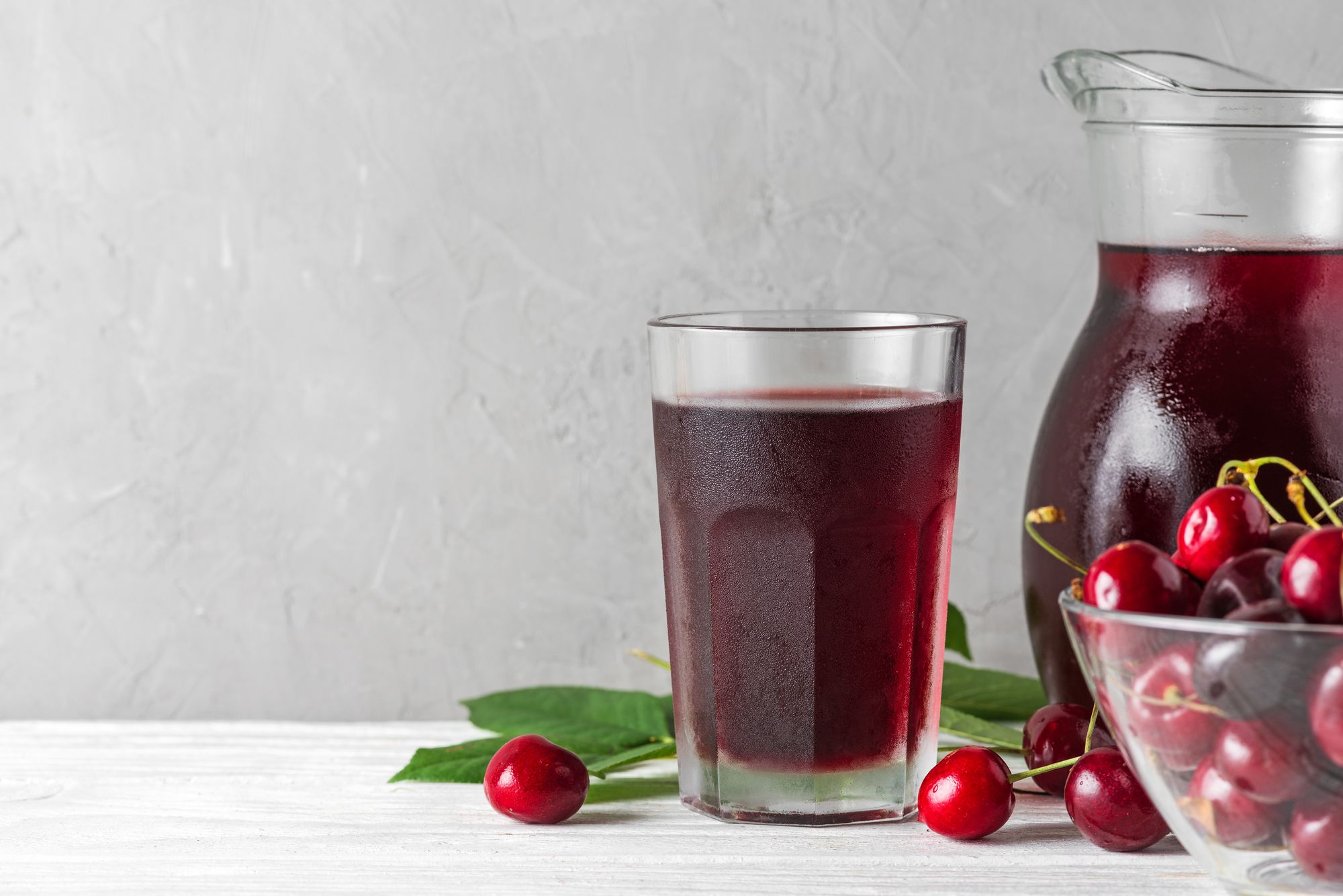
Tart cherry is renowned for its potential sleep-enhancing properties, but it also possesses notable anti-inflammatory benefits. It contains compounds such as anthocyanins, which have been shown to reduce inflammation. Tart cherry has shown promise in managing inflammation, particularly among older adults. Solaray Ultra Strength Joint InflaShield is a recommended supplement formulated with Tart Cherry and Resveratrol, providing antioxidant properties and targeted joint support.
8) Ginger:
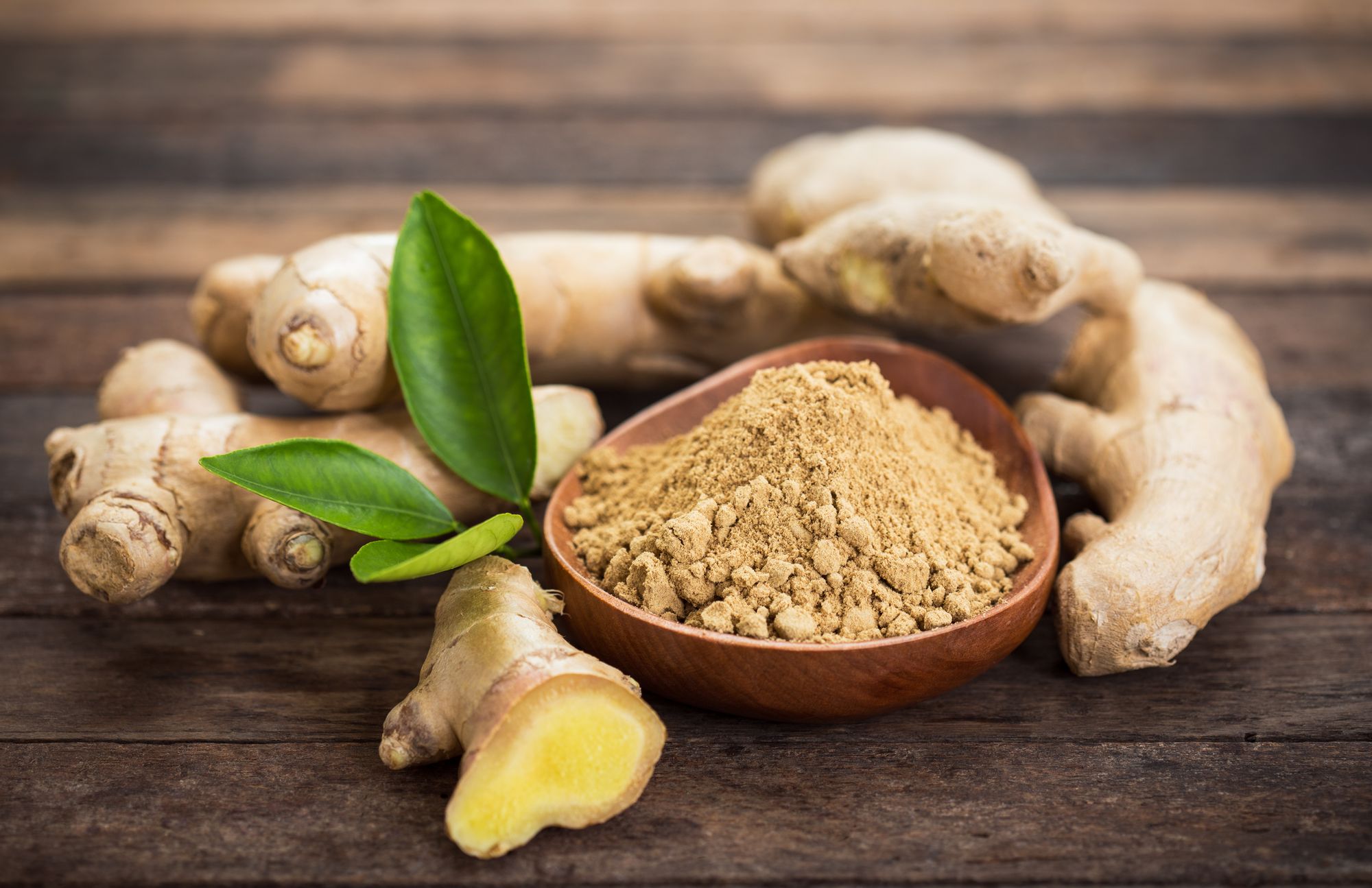
Ginger root is a widely used culinary ingredient with well-documented anti-inflammatory effects. Ginger contains bioactive compounds like gingerol and zingerone, which contribute to its anti-inflammatory properties. Incorporating ginger into a balanced diet can be beneficial. Additionally, a trusted ginger supplement like NOW Foods Ginger Root Extract can provide consistent benefits and convenience.
9) Green Tea Extract:
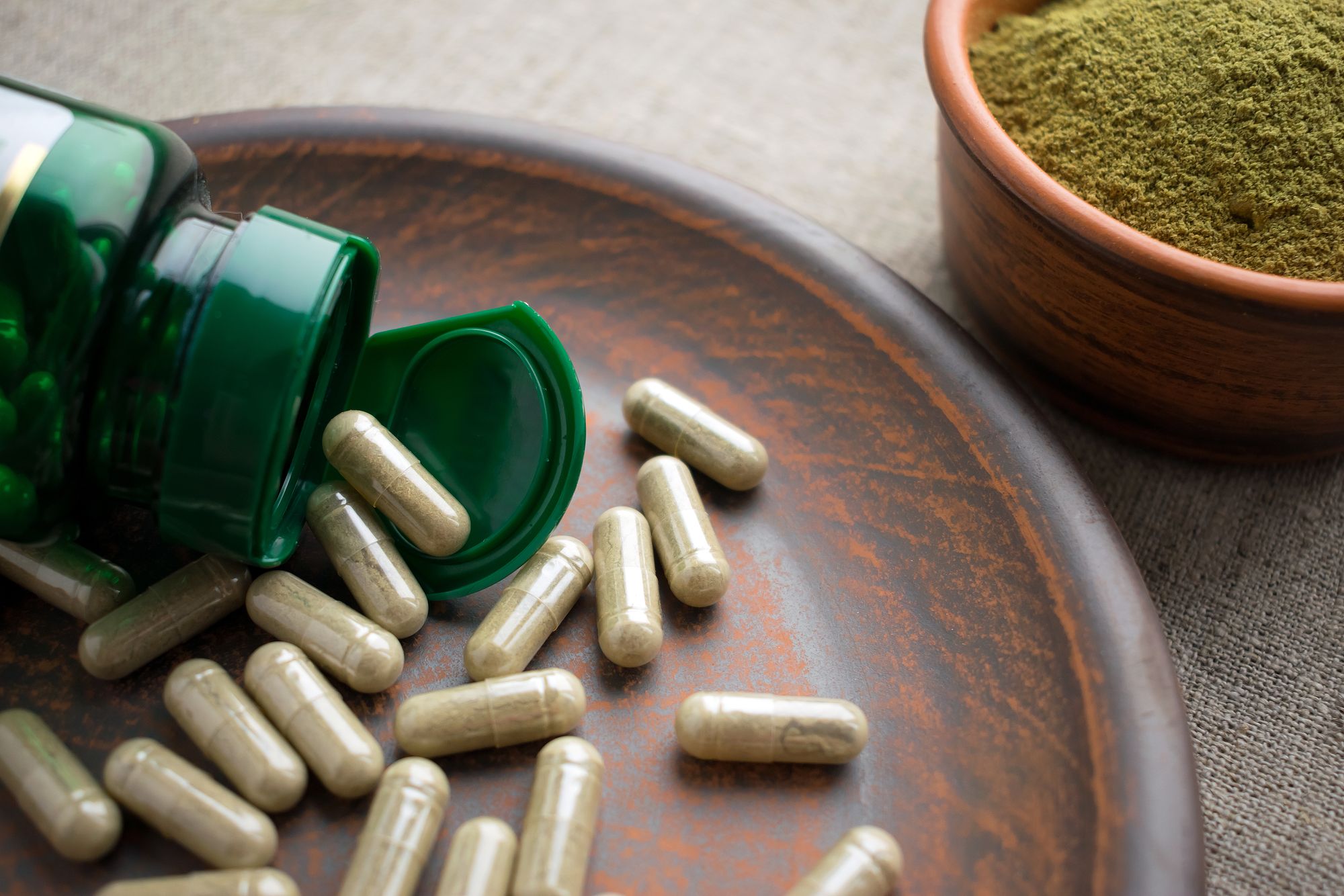
Green tea is known for its rich antioxidant content, including a compound called EGCG (epigallocatechin gallate), which has potent anti-inflammatory effects. Green tea also contains flavan-3-ols, a group of plant compounds that reduce oxidative stress. Green tea extract supplements, such as Life Extension Mega Green Tea Extract, provide a concentrated dose of beneficial compounds naturally found in green tea. This can be an excellent option for individuals who may not have the time to prepare and consume green tea regularly.

